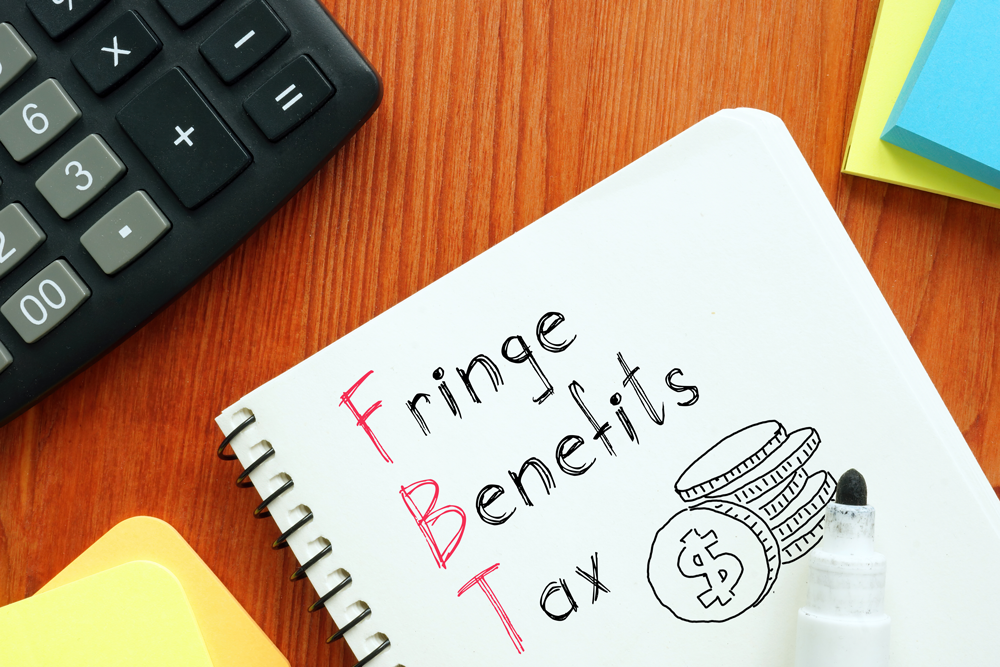
Planes, Trains and Automobiles
Financing Assets in Your Business
There are a number of different ways to finance the purchase of vehicles and equipment for your business but you might be surprised to know the range of assets you can actually finance. While cars, trucks and equipment are items commonly financed, it is possible to finance boats, buses, planes, computers, dental chairs and office fit outs.
If you’re thinking of buying, upgrading or replacing any vehicles or equipment in your business we will briefly look at the various finance options and examine their tax consequences.
The most common finance methods in this country include:
- Chattel Mortgage - acquire an asset through a secured loan agreement
- Operating Lease - lease an asset through a rental agreement
Both these options have different tax, accounting and GST implications. In addition, the type of finance you use can also affect:
- The timing of when you become the legal owner of the asset and
- the amount and type of tax concessions available (e.g. who claims the depreciation on the asset and can the monthly repayments be claimed as a tax deduction).
We get questions every day from clients about which finance method to use but it really depends on your individual situation. The regulations around asset finance are complex and as accountants, our client brief includes helping you save money which includes providing the most tax effective advice on your asset purchases.
To assist you with your future financing decisions let’s examine the two most popular finance methods but we urge you to consult with us before you make the final decision. Note that we can also get your quotes through one of our affiliates.
1. CHATTEL MORTGAGE
This is where you finance the asset inclusive of GST but you can use trade-ins or pay a deposit to reduce the amount you finance. You can claim a tax deduction for the depreciation on the asset (for vehicles up to the depreciation cost price limit $57,581 for 2016/17). The monthly repayments are not tax deductible but the interest you pay on the finance is deductible.
Under a chattel mortgage agreement, the financier advances funds to you to purchase the asset. The financier takes out a mortgage over the asset as security for the loan and you immediately become the legal owner of the asset.
The financier finances the GST inclusive price of the asset (less any trade-ins or deposits) and financing is done through a loan. When the final payment has been made (i.e. the residual value has been paid), the security interest over the asset is removed.
GST is charged on the purchase price of the asset but not on the monthly repayments or the residual payment. A GST registered client can claim back the full upfront GST tax credit on their next Business Activity Statement (and not progressively over the term of the loan).
2. OPERATING LEASE
Under an operating lease, the financier (or lessor) purchases the asset and leases it back to you. You can use the asset for the term of the finance agreement in exchange for a fixed monthly lease rental payment. Ownership of the asset remains with the financier (lessor).
Unlike a chattel mortgage or hire purchase agreement, the amount financed under the lease is the GST exclusive price of the asset. At the end of the lease, you have a choice to:
- Pay the Residual Value (final instalment) and become the owner of the asset;
- Trade In the Asset; or
- Refinance the Residual Amount and continue the Lease.
GST is charged on the monthly lease rental and the residual value at the end of the lease. If you are registered for GST you can claim back the GST input tax credits contained in:
- the monthly lease rental (that you claim in each monthly or quarterly Business Activity Statement (BAS) over the life of lease term); and
- the residual value.
Your lease payments (less GST input tax credits) are tax deductible provided the asset is used for business purposes.
SUMMARY
Which option is appropriate for your business? Well, it will depend on a number of factors including your business structure, tax position and GST registration status. Of course, cash flow is a major consideration. We urge you to consult with us and through an affiliate group we can obtain finance quotes on your behalf. Having all your financial information on hand plus an understanding of your tax position means we can help you select the most tax effective finance option.









